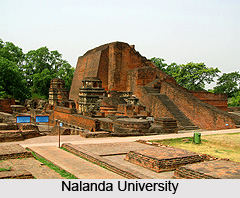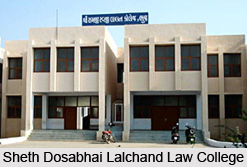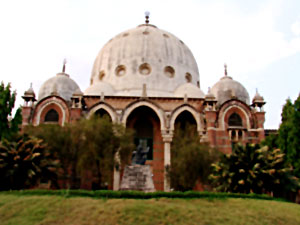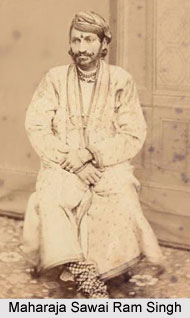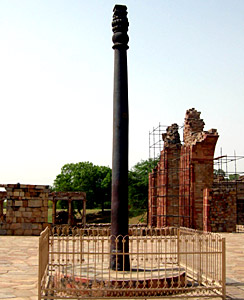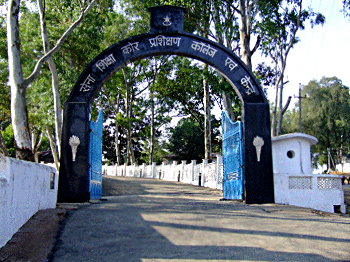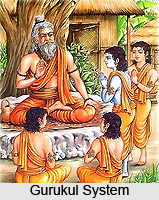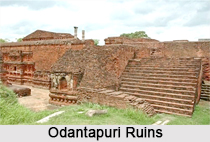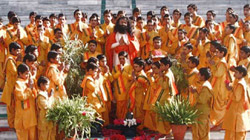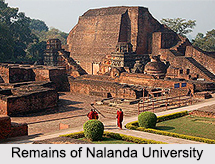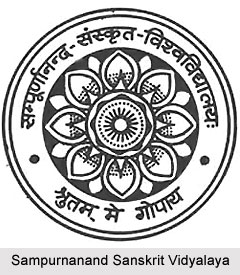 Sampurnanand Sanskrit Vidyalaya is an institute of Asian Learning. More than 1200 Sanskrit-medium schools and colleges are affiliated to this university. Sampurnanand Sanskrit Vidyalaya is the only university in India which has its widespread affiliation all over the country. In the year 1791, Jonathan Duncan, Resident of Honourable East India Company, proposed to establish a Sanskrit College for encouraging and creating interest in the language. In 1857, the College started its postgraduate courses. In 1894, the Saraswati Bhavan Granthalaya was constructed which preserves thousands of manuscripts. After India attained independence, in 1958, the status of this institution was changed from a college to a Sanskrit University.
Sampurnanand Sanskrit Vidyalaya is an institute of Asian Learning. More than 1200 Sanskrit-medium schools and colleges are affiliated to this university. Sampurnanand Sanskrit Vidyalaya is the only university in India which has its widespread affiliation all over the country. In the year 1791, Jonathan Duncan, Resident of Honourable East India Company, proposed to establish a Sanskrit College for encouraging and creating interest in the language. In 1857, the College started its postgraduate courses. In 1894, the Saraswati Bhavan Granthalaya was constructed which preserves thousands of manuscripts. After India attained independence, in 1958, the status of this institution was changed from a college to a Sanskrit University.
This was possible because of the efforts of Sampurnanand, a teacher and politician in Uttar Pradesh. In 1974, the University was renamed as the Sampurnanand Sanskrit University. This is the only University in the country where schools and colleges from all over India are affiliated to the University. Nine hundred and sixty three colleges of Uttar Pradesh, seven colleges in Rajasthan, seven colleges in Maharashtra, twenty-one colleges in Gujarat, thirteen colleges in Delhi, two colleges in Kashmir, three colleges in Himachal Pradesh and four colleges in Sikkim are affiliated to the University.
Faculties of Sampurnanand Sanskrit Vidyalaya
The faculties of the University are Veda-Vedanga, which has three departments Department of Veda, Department of Vyakarna, and the Department of Jyotish. The Faculty of Sahitya Sanskriti heads two departments, namely, Department of Sahitya and the Department of Puraneitihas.
The Faculty of Darshana or Philosophy also has two departments, namely, Department of Vedanta and the Department of Sankhyayogtantram. The Shraman Vidya Faculty has one department, Department of Pali and Thevad. The Adhunik Jyan Vigyan Faculty also heads one department the Department of Modern Language and Linguistics. The Faculty of Ayurveda has seven departments, which are, Kayachikitsa Tantra (Internal medicine), Shalya Tantra (Surgery), Shalakya Tantra (ENT), Kaumarabhritya Tantra (Pediatrics), Agada Tantra (Toxicology), Bajikarana Tantra (Purification of the genetic organs) and the Rasayana Tantra (Health and Longevity).
The aim of this University is to preserve the rich cultural heritage of this ancient language, which is deeply embedded in the Indian civilization.
